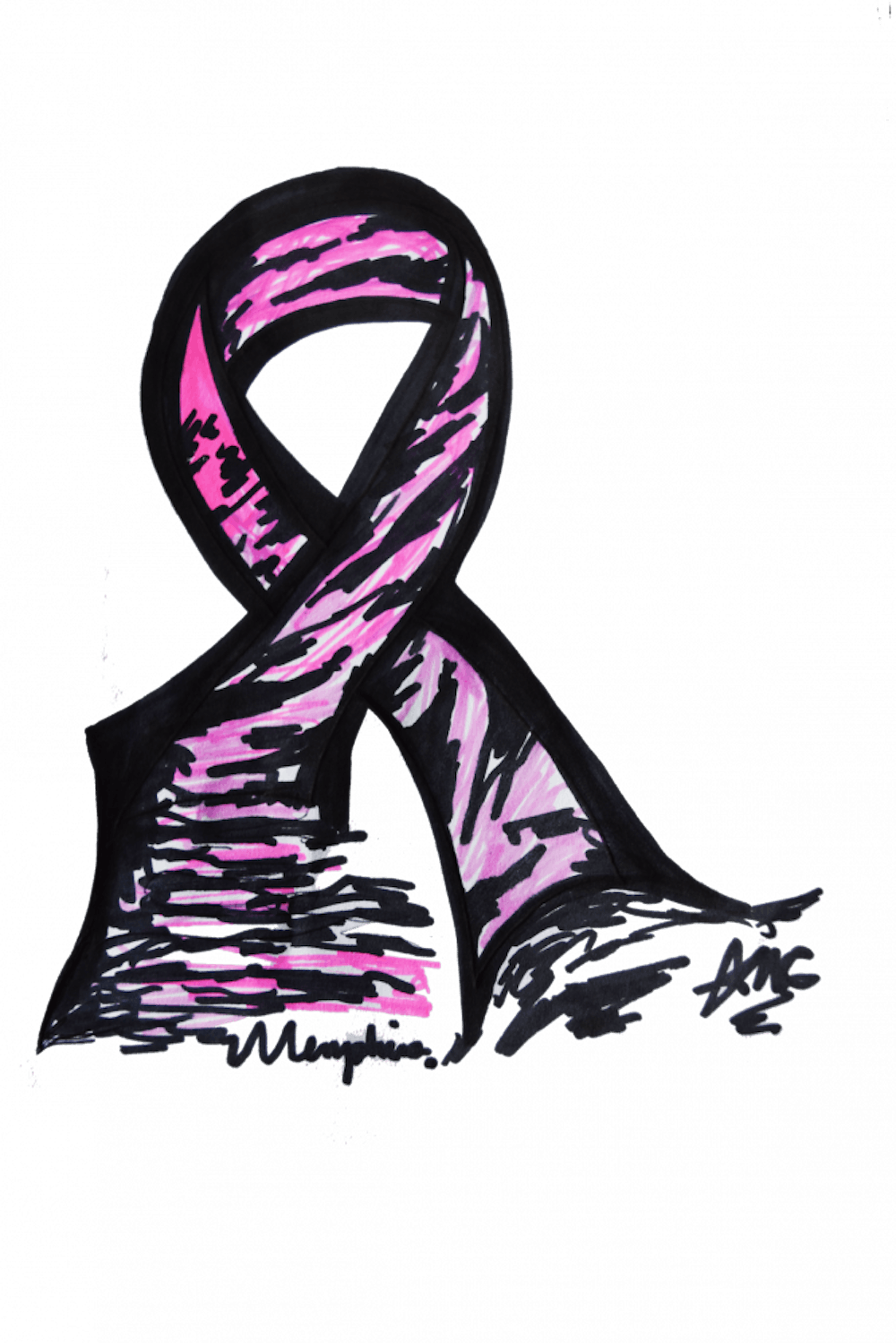Multiple awareness and support groups are observing Breast Cancer Awareness Month during October.
An estimated 266,120 cases of breast cancer will be found this year, according to breastcancer.org, a nonprofit organization dedicated to providing up-to-date information about breast cancer. The condition will affect one out of every eight women sometime in their lives.
Athena Davenport, a professor at the University of Tennessee Health Science Center and an expert in genetics, genomics and informatics, said breast cancer grows tumors that drain the energy from its victims.
“Breast cancer can develop when cells in the breast start growing out of control,” Davenport said. “This process is called cell proliferation. A bunch of cells that grow out of control can form a lump or tumor that some women may be able to feel when they perform a breast exam.”
Davenport said healthcare developments have made breast cancer more treatable both by earlier detection and new treatments.
“Breast cancer death rates have decreased significantly for women overall due to great strides in early detection of breast cancer through screening mammography, targeted breast tumor treatments and ongoing research,” Davenport said. “However, black women are still most likely to die from breast cancer compared to other racial groups. Therefore, more needs to be done to understand why racial disparities in breast cancer mortality rates tend to persist among black women diagnosed with breast cancer, particularly in Memphis.”
Davenport said black women are more likely to have more dangerous forms of cancer than other demographics.
“Young women and those of mostly African ancestry are more likely to develop aggressive forms of breast cancer, known as triple negative breast cancer (TNBC), which does not have any targeted therapies like hormone receptor-positive subtypes of breast cancer,” Davenport said. “Because of this, there are limited options to treat TNBC.
Davenport said this may happen because black women have higher rates of obesity.
“It is unclear as to why black women are more prone to develop TNBC than other racial groups,” Davenport said. “However, studies suggest that obesity may play a role in TNBC development. Therefore, maintaining a healthy weight is very important to lower a woman’s risk of developing TNBC.”
Davenport said black women, as well as women in general, are not the only group of people who can develop breast cancer. The disease can also form in men. Only 2,550 cases are expected to develop in men during 2018, compared to the 266,120 expected cases for women, according to the American Cancer Society.
Davenport said it is common for people to believe breast cancer is primarily passed hereditarily. However, only a small percentage of breast cancer cases are inherited.
“Most breast cancers that are inherited, are due to mutations in the breast cancer associated genes, BRCA1 and BRCA2,” Davenport said. “These mutations tend to be passed down from mother to child, which puts the child at increased risk of developing breast cancer. BRCA1 and BRCA2 are important because they make sure cells in tissue sites like the breast grow and function properly. If there is a mutation(s) in BRCA1 and BRCA2, then these genes may not function properly, and cells in the breast may grow out of control and result in breast tumor development.”
Maria Iannone, an assistant specialist at the Arizona Cancer Center, said genetics and lifestyle are personal aspects everyone should know about themselves, as they can be risk factors, and being aware of the condition is important for treatment.
“Breast cancer awareness is important so that women can be screened for early detection when a cure is more likely,” Iannone said. “Risk factors, genetic and/or lifestyle, may be something that people should know about.”
In honor of survivors and passing fighters, the American Cancer Society will host Making Strides Against Breast Cancer, a walk aimed to raise awareness and funds to help fight breast cancer, Oct. 21 at Liberty Bowl Memorial Stadium.






